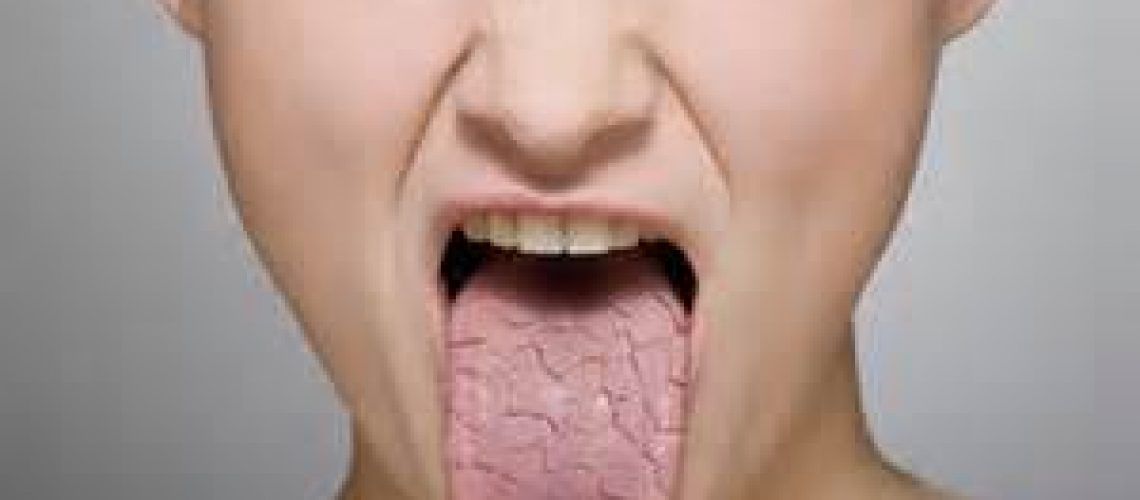
What is Dry Mouth?
Dry mouth (technical name is xerostomia) is a condition that can lead to major health problems if left untreated, especially when it comes to your teeth. Dry mouth occurs for non-medical reasons at times, especially when we’re nervous, upset or stressed. But for some people, it can be an ongoing problem when the salivary glands in the mouth are not working properly, or as the result of external forces. The dental staff at Dentistry of Johns Creek are experienced in treating dry mouth patients living the North Fulton area and surrounding communities.
The most common symptoms of dry mouth include:
- sticky, dry or burning feeling
- difficulty eating
- sore mouth
- cracked lips
- dry, rough tongue
- problems tasting, chewing, swallowing, even talking
How Does Dry Mouth Affect Your Teeth?
Saliva is a vital first step in the digestion of food. Saliva not only keeps your mouth wet, it also helps prevent tooth decay and control bacteria, viruses, and fungi in the mouth by washing away the food debris and bacteria that trigger the development of tooth decay (or cavities). Without enough saliva, you may also develop mouth sores or infections. Dental treatment, as a first step, generally involves replacing a patient’s oral hygiene products with those that help to relieve symptoms, fluoride treatments, and preventive care. The following guidelines are usually effective in relieving most dry mouth symptoms:
- Brush teeth with a fluoride toothpaste and a toothbrush with soft bristles.
- Floss your teeth gently every day.
- Use a fluoride non-alcohol mouthwash.
- Avoid sticky, sugary foods and drinks.
- Get a dental checkup and cleaning twice a year.
- Use dry-mouth products, available in sprays and lozenges over the counter.
- Chew sugarless gum or suck on sugarless hard candy to increase the flow of saliva.
- Drink plenty of water throughout the day.
What Causes Dry Mouth?
Dry mouth is often a symptom of a physical problem such as nerve damage near the salivary glands, or a side effect caused by certain medications. Clinical trials have identified over 400 drugs that cause dry mouth, so sometimes dry mouth can be corrected by simply changing the dosage. Lifestyle can also cause dry mouth – smoking, alcohol, caffeine, and energy drinks are proven to cause dehydration throughout the entire body. Common causes of dry mouth include the following:
- Radiation and chemotherapy
- Diuretics, antihistamines, decongestants
- Drugs for epilepsy, psychiatric diseases, diabetes, and Parkinson’s Disease
- Mumps
- Sjogren’s Syndrome
- HIV/AIDS
Tips To Help With Dry Mouth
Finding the right dry mouth treatment may be as easy as asking your doctor to switch your medications. If this is not possible, or if your dry mouth has other origins, you will need to make sure that you are doing everything you can to take care of your mouth. Make sure to sip water or other sugar-free beverages frequently throughout the day. Stimulate the flow of saliva in your mouth by eating foods which require a lot of chewing. Chew sugarless gum. You can even try “sucking” a cherry or olive pit. For those suffering from the dry mouth, it is crucial to maintaining a daily hygiene routine. Brush and floss twice daily and make sure to rinse your mouth after sugary snacks or meals. Call Dentistry of Johns Creek today to schedule an examination.
© 2015 Dentistry of Johns Creek. All rights reserved.

